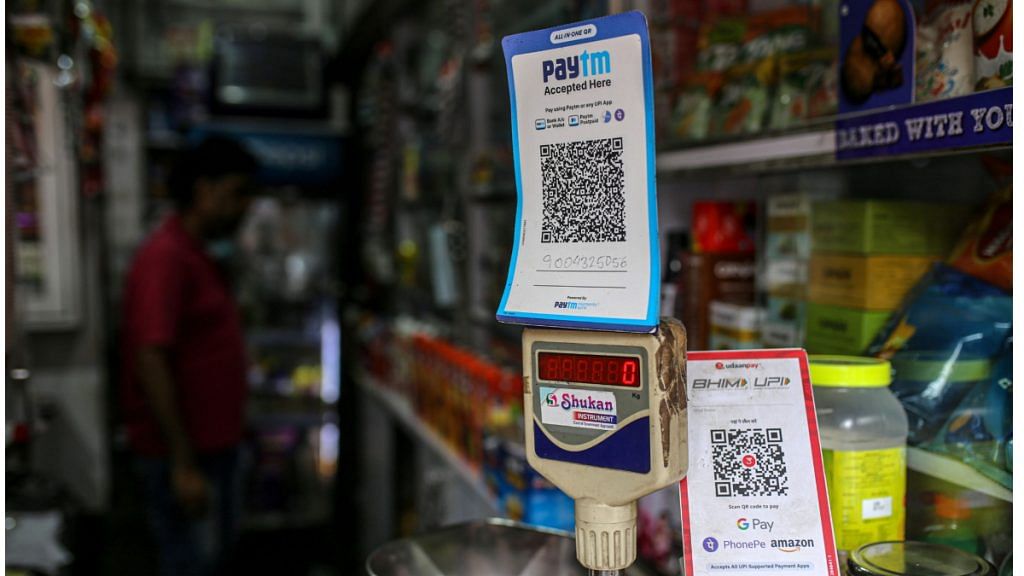Mumbai: Paytm, the Indian digital payments startup whose stock has slumped 71% since its November market debut, had its price target cut further by a Macquarie Capital Securities (India) Pvt. analyst who was early to predict the company’s troubles.
Macquarie’s Suresh Ganapathy cut his price estimate to 450 rupees ($5.90) from 700 rupees, citing lower valuations for fintech companies globally. He didn’t change his earnings or revenue estimates for Paytm, which he rates underperform. The stock rose to 634.05 rupees on Wednesday.
Paytm pulled off the largest-ever initial public offering in India, but has since faced many challenges. Ganapathy cited fintech regulations and stricter compliance norms as potential headwinds — on Friday, the Reserve Bank of India barred the company’s Paytm Payments Bank venture from accepting new customers, adding pressure on the stock.
The average 12-month price target among nine analysts covering Paytm is 1,203 rupees, according to data compiled by Bloomberg. Ahead of the listing, Macquarie analysts including Ganapathy initiated coverage with an underperform rating and a price target of 1,200 rupees. The IPO was priced at 2,150 rupees.
The initial public offering by One 97 Communications Ltd., the parent company for Paytm, had been touted by some as a symbol of India’s growing appeal as a destination for global capital, particularly for investors looking for alternatives to China.
India’s Unified Payment Interface, which allows the instantaneous transfer of funds, has an open architecture. Hence, a large user base does not necessarily make a particular service provider more competitive than others on the system, according to a note from Moody’s Investors Service.
“In addition, India’s major banks have significantly beefed up their digital product offerings and can withstand the competition from fintechs,” Moody’s analyst Srikanth Vadlamani wrote in the note on Thursday. –Bloomberg
Also read: Retain armed forces, adopt neutral status — Russia proposes possible ‘compromise’ for Ukraine
